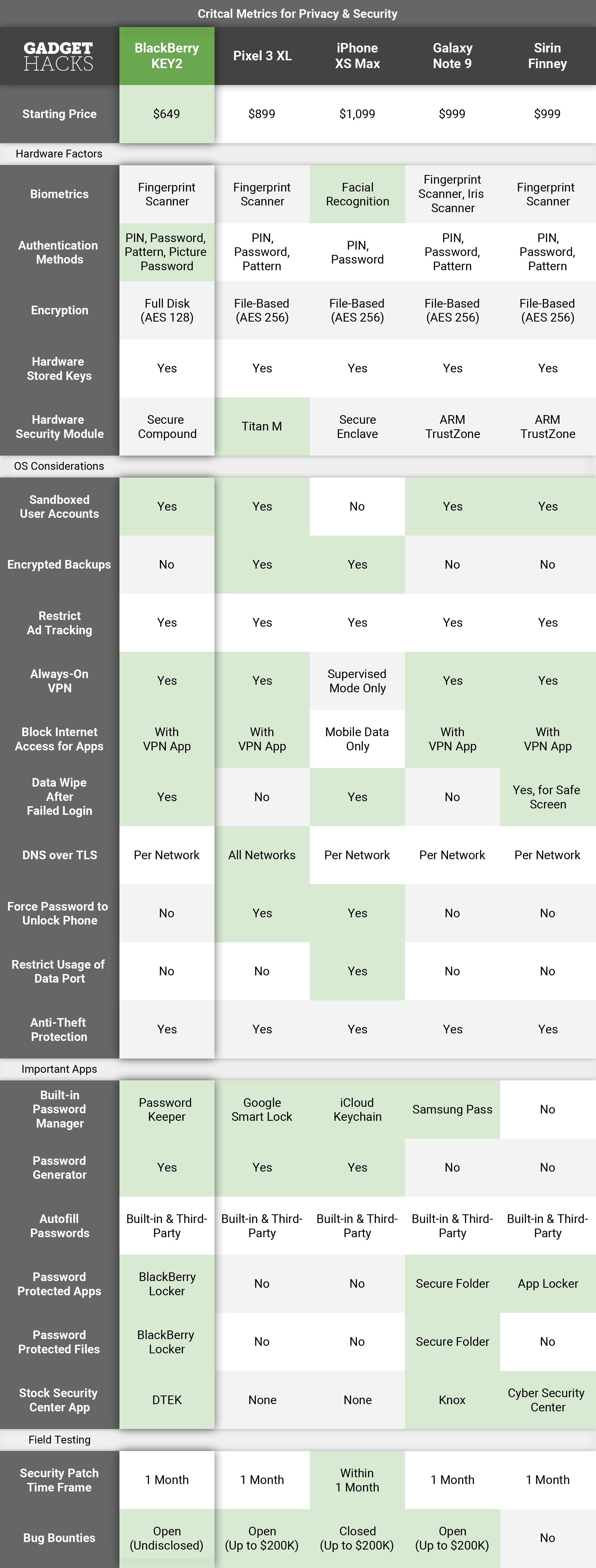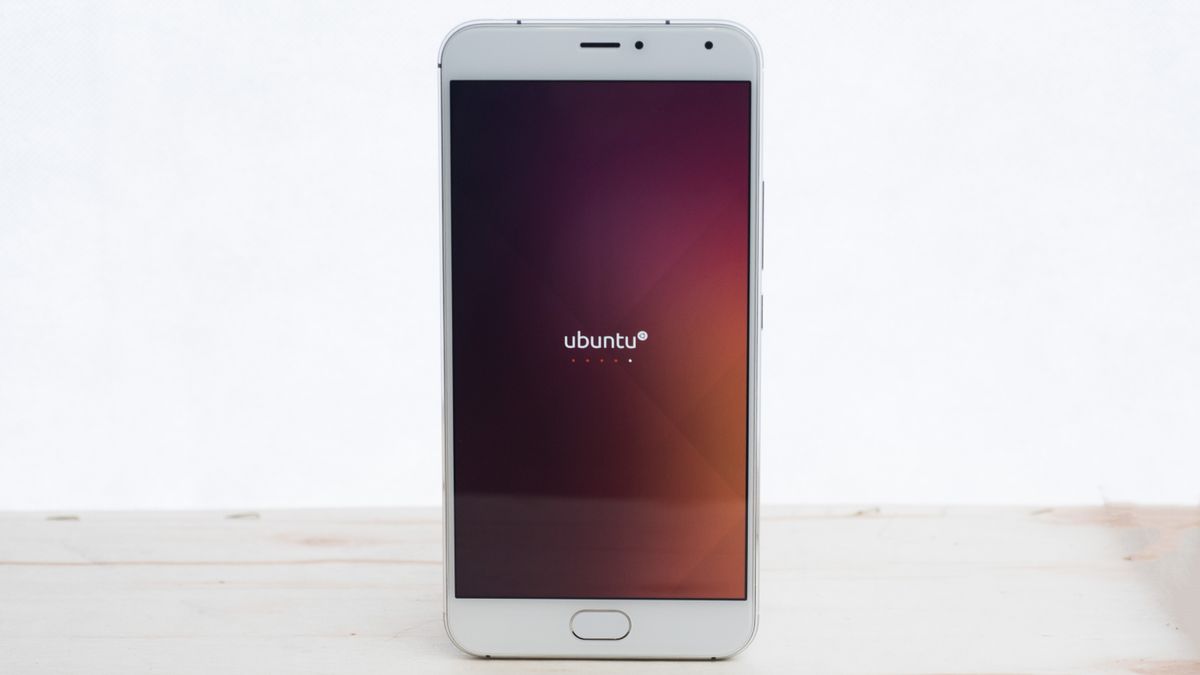Originally posted by starshipeleven
View Post
Of course, the performance would be just terrible even on Pentium Pro (the first 686), and barely usable on Pentium III, but I think it should be possible to run this software on 486.



Comment